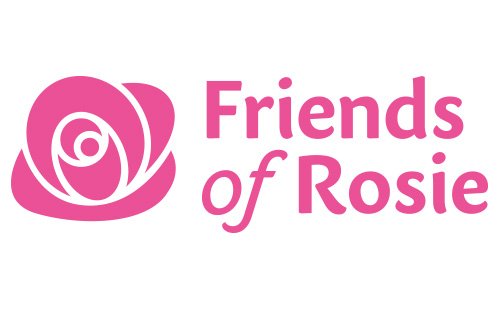For the past 18 months, Friends of Rosie has funded a cutting-edge research project to improve treatment options for children with incurable brain tumours. As it moves into its final research phase, we can share some of the positive preliminary results in using immunotherapy to shrink or destroy brain tumours in children.
The Friends of Rosie Children’s Cancer Research Fund funds small-scale research projects to kick-start potential advances in the treatment and diagnosis of childhood cancer. This project, looking at childhood brain tumours, is being conducted at the Manchester Cancer Research Centre under the supervision of lead researchers, Professor Robert Hawkins and Dr Gray Kueberuwa.
 Says Dr Kueberuwa, “The aim of this project is to investigate the possibility of using a child’s own immune system, called immunotherapy, to fight their brain tumour. There are many types of childhood brain tumours that don’t respond well to conventional treatments and so are currently incurable. This research is looking at the potential of immunotherapy to give children and parents a life-saving alternative where chemotherapy and radiotherapy has failed in the treatment of a child’s cancer.
Says Dr Kueberuwa, “The aim of this project is to investigate the possibility of using a child’s own immune system, called immunotherapy, to fight their brain tumour. There are many types of childhood brain tumours that don’t respond well to conventional treatments and so are currently incurable. This research is looking at the potential of immunotherapy to give children and parents a life-saving alternative where chemotherapy and radiotherapy has failed in the treatment of a child’s cancer.
“While the path to progressing this approach for use in patients has many challenges, preliminary results so far have given us a hope that this goal is achievable in the future.”
Brain tumours are particularly resistant to drug therapy
All projects funded by Friends of Rosie are reviewed by an independent scientific advisory board to ensure that money is being spent on the most promising and most needed areas of childhood cancer research. Following a recent review of this particular project, Professor John Hickman, Chair of the advisory board, commented on the potential long-term outlook for the research:
“Brain tumours are particularly resistant to drug therapy. This project investigates the possibility of a different approach by harnessing the body’s own immune system to attack the tumour. Immunotherapy has recently had an impact against previously incurable tumours, such as melanoma and some lung cancers. In fact, two pioneers of this approach received the 2018 Nobel Prize for Medicine and Physiology.
“The brain has previously been considered to be an immune sanctuary, with suppressed immune activity and few immune cells. Despite this, Professor Robert Hawkins and Dr Gray Kueberuwa of the University of Manchester, supported by Friends of Rosie, have successfully isolated immune cells from childhood brain cancers and expanded their numbers by growing them in the laboratory.
Hope for the future
“Preliminary data suggests that these expanded populations of immune cells recognise tumour cells and kill them. Ongoing work will investigate the effectiveness of these expanded populations of immune cells to selectively affect tumour growth in the laboratory, without effects on normal cells, with a long-term view to eventually reintroducing them into the brain for therapeutic gain. This will involve many further steps before a therapeutic use will be possible.”
The project is due for completion in Spring 2019, after which a full scientific report will be published to share the great potential of this approach. The project may enable the development of a key new area of childhood cancer treatment and could save the lives of children with brain tumours in the future.




